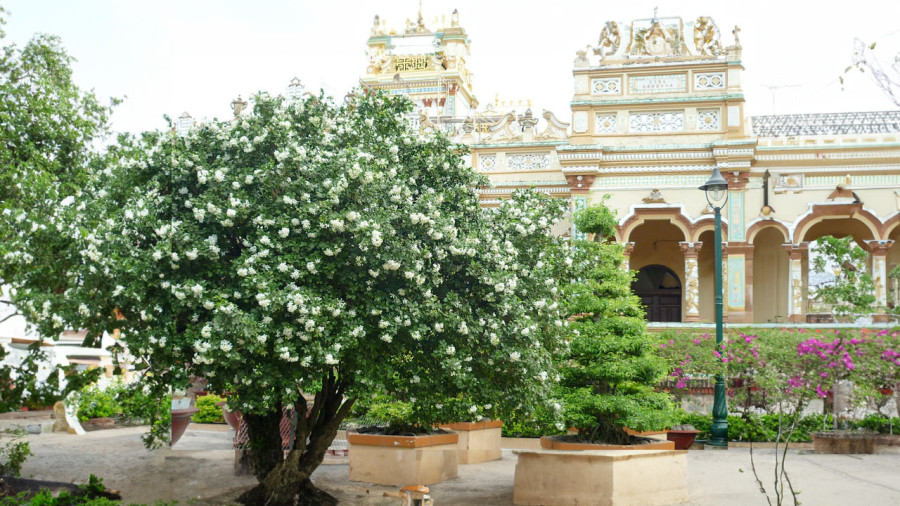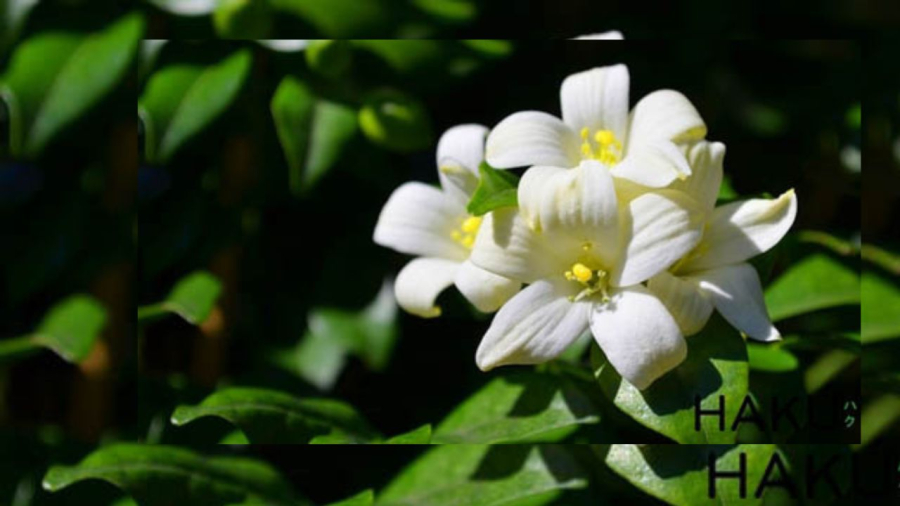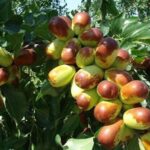The Bay Laurel tree, commonly found in Vietnam, is the white-flowered variety, distinct from the edible Bay Laurel. The edible variety, also known as Greek Bay Laurel, is renowned for its fragrant, pungent flavor and its mythical association with victory. On the other hand, the white-flowered Bay Laurel is prized for its aesthetic value and delicate fragrance.
**What is the significance of planting a Bay Laurel tree?**
Planting a Bay Laurel tree in front of your house brings not only aesthetic appeal but also a pleasant fragrance. In Feng Shui, the white-flowered variety symbolizes peace and good fortune, promising smooth and successful ventures. With its lush, evergreen foliage that rarely withers or sheds, the Bay Laurel tree is an auspicious presence. Its abundant, clustered blooms and vibrant red berries signify wealth and prosperity, making it a favorite among business-minded families.

Bay Laurel as an Ornamental Plant
Beyond its aromatic and purifying qualities, the Bay Laurel tree is also symbolic of wealth and its continuous circulation, fostering growth and prosperity. This symbolism holds particular significance for those engaged in business and financial pursuits. Additionally, the tree’s presence in the premises is believed to cleanse the air, ward off evil spirits, and create a pleasant living environment.
**Which ages and destinies are suitable for Bay Laurel trees?**
The Bay Laurel tree’s lush, dark green foliage represents the wood element, making it a perfect fit for individuals with wood and fire destinies. The red berries produced by the tree also align with the fire destiny. However, individuals with earth and metal destinies should refrain from planting Bay Laurel trees in their Feng Shui-oriented gardens, as it may not bring about harmonious energy.
**Notes on growing Bay Laurel trees:**
When cultivating Bay Laurel trees, it is essential to remember their preference for sunny conditions, which are crucial for their flowering. Therefore, the ideal location for these trees is an area with abundant natural light, such as a front yard, garden, or balcony.
For those living in apartments, it is recommended to place the potted tree on a sunny balcony, allowing its fragrance to permeate the space and attract prosperity. Avoid planting Bay Laurel trees in the back of the house or in dark, shaded areas.

Factors to Consider for Bay Laurel Flowering
To ensure the healthy growth and flowering of your Bay Laurel tree, keep the following in mind:
– Soil: Opt for loamy soil, and if you wish for frequent flowering, consider replacing the soil every 3-4 months. Remove the old soil and replenish it with fresh soil.
– Light: Bay Laurel trees thrive in sunny conditions, so ensure they receive ample natural light.
– Moisture: While Bay Laurel trees prefer moisture, take care not to overwater them. For potted trees, daily watering is generally recommended.
*Disclaimer: This information is for reference only and is not intended as professional advice.*
The Ancient Oriental Pear Tree: A Legacy of Prosperity.
 Prosperity.’>
Prosperity.’>The jujube tree, also known as the Chinese date or red date, has a long history of cultivation in China, spanning millennia. This small deciduous tree bears sweet, edible fruits that have been an integral part of traditional Chinese medicine and cuisine.
The Haunting Season: A Pinch of Salt to Ward Off Evil and Misfortune
The seventh lunar month is a time of spiritual significance for the Vietnamese, who believe that offerings of rice and salt must be made to appease the spirits and ward off any disturbances. This tradition is a beautiful reflection of the culture’s deep respect for the supernatural and the importance of maintaining harmony between the living and the dead.
Is It Lucky to Plant Orange Trees in Front of Your House? Tips to Invite Wealth to Your Home.
“Should You Plant Orange Trees in Front of Your House?” is a question that many homeowners ponder.




































